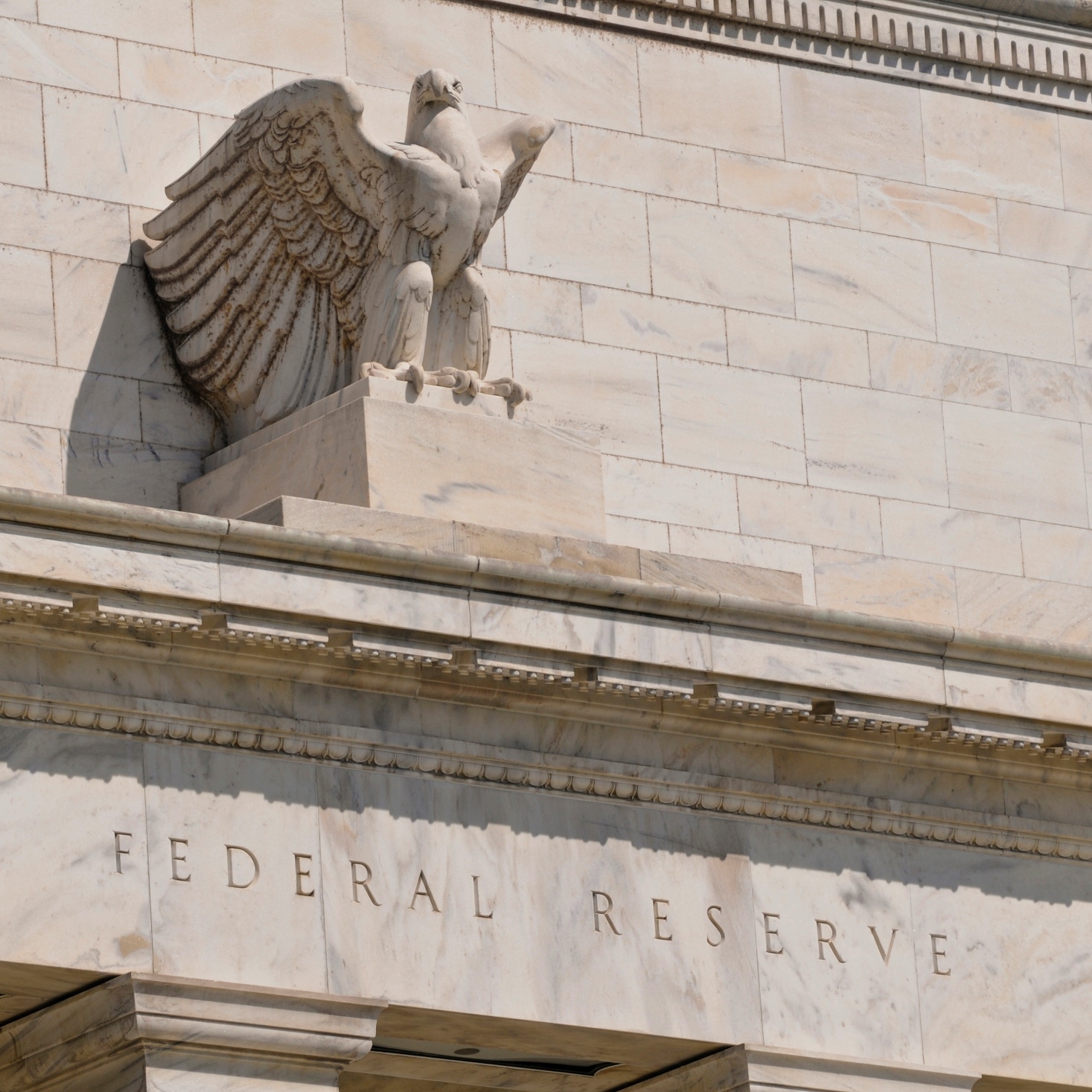Economy
Personal Income and Spending Show Dilemma for Fed Rate Hike Plans
Published:
Last Updated:
It may be the end of January, but key economic reports from December at still coming out. The personal income and outlays report from the Bureau of Economic Analysis is one such report. In short, it shows how much the population is earning and spending.
Personal income rose by 0.4% ($58.7 billion) in December, beating the monthly consensus estimate from Bloomberg of 0.3%. Disposable personal income increased by 0.3% ($48.0 billion) in December.
Consumer spending also rose by 0.4% on December’s monthly reading, but that was under Bloomberg’s estimate of 0.5%. One issue that may have pulled back from the spending number was that November’s spending gain went from 0.6% to a revised gain of 0.8%.
Then there is the personal consumption expenditures (PCE) price index. This rose by 0.1% as expected, but it was up 0.2% in November. The long and short of the matter is that the pricing data remains rather muted. The year-over-year price index was up 1.7% on the headline annual gain and up 1.5% for the core personal spending report.
One issue that should have made a larger difference, at least on the surface, was that the personal savings rate dipped by 0.1% to a multiyear low of just 2.4%. And November’s saving rate was revised down to 2.5% from a preliminary 2.9% report.
According to the Bureau of Economic Analysis, the December report was broken down as follows:
The increase in personal income in December primarily reflected increases in wages and salaries and personal interest income. … The $34.4 billion increase in real PCE in December reflected an increase of $11.1 billion in spending for goods and a $23.2 billion increase in spending for services. Within goods, new motor vehicles was the leading contributor to the increase. Within services, the largest contributor to the increase was spending for electricity and gas.
In short, personal income rose equally with spending while the personal savings rate went down. And that occurred with annual prices reflecting inflation that is still well under the 2.0% to 2.5% inflation threshold that the Federal Reserve wants to see in its quest for rate hikes.
The average American spends $17,274 on debit cards a year, and it’s a HUGE mistake. First, debit cards don’t have the same fraud protections as credit cards. Once your money is gone, it’s gone. But more importantly you can actually get something back from this spending every time you swipe.
Issuers are handing out wild bonuses right now. With some you can earn up to 5% back on every purchase. That’s like getting a 5% discount on everything you buy!
Our top pick is kind of hard to imagine. Not only does it pay up to 5% back, it also includes a $200 cash back reward in the first six months, a 0% intro APR, and…. $0 annual fee. It’s quite literally free money for any one that uses a card regularly. Click here to learn more!
Flywheel Publishing has partnered with CardRatings to provide coverage of credit card products. Flywheel Publishing and CardRatings may receive a commission from card issuers.
Thank you for reading! Have some feedback for us?
Contact the 24/7 Wall St. editorial team.